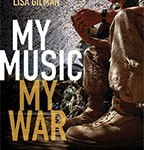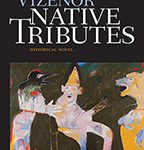
Historical novel about Native American veterans who march in the post-WWI Bonus Army during the Great Depression
In Native Tributes, sequel to the critically acclaimed Blue Ravens, author and scholar Gerald Vizenor tells the story of restless Native American veterans of WWI and their fight to reclaim their rights during the Great Depression.
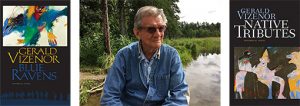
In the summer of 1932 brothers Basile and Aloysius Hudon Beaulieu travel from the White Earth Reservation, MN, to Washington, DC, to protest with the Bonus Army–a group comprised of thousands of military veterans demanding the bonus pay they’d been promised for WWI service.
General Douglas MacArthur brutally forces the veterans from the National Mall, and the Beaulieu brothers move to an encampment of needy veterans in “Hard Luck Town” on New York City’s East River. They meet other veterans who refuse to be defeated by the sorrow of the times.
In New York City, the brothers also visit the Biblo and Tanner Booksellers, a gallery owned by Alfred Stieglitz, the Modicut Puppet Theatre, and an exhibition at the Museum of Modern Art. Aloysius, the painter of Blue Ravens, finds inspiration in the Modernist work of Arthur Dove, Chaïm Soutine, Marc Chagall, and others.
Native Tributes is a journey of liberty that escapes the enticement of nostalgia and victimry, and reveals life in its barest form.
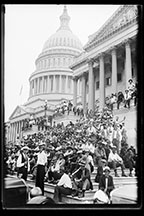
Gerald Vizenor is the author of more than thirty books of nonfiction, literary criticism, fiction, and poetry, such as Blue Ravens, Treaty Shirts, and Favor of Crows. He attended college on the GI Bill after serving in the United States Army for three years, mostly in Japan, and studied at New York University and the University of Minnesota. Vizenor is a citizen of the White Earth Nation.

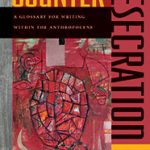
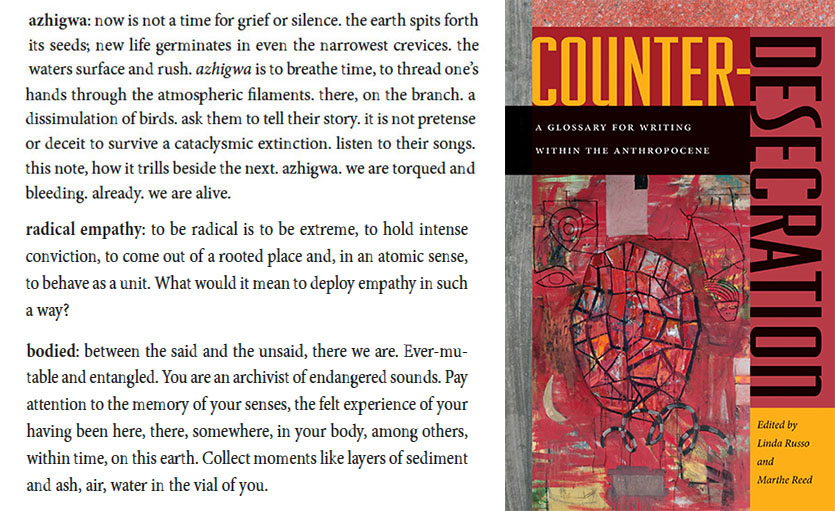
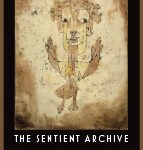

 Development of the content of The Sentient Archive was supported by The Pew Center for Arts & Heritage, Philadelphia.
Development of the content of The Sentient Archive was supported by The Pew Center for Arts & Heritage, Philadelphia.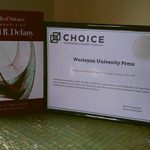

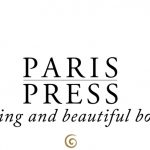

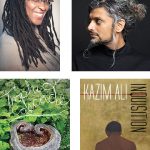


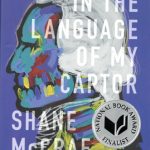

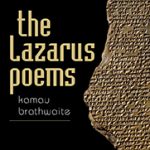
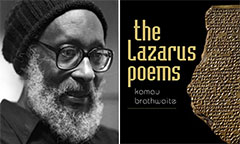
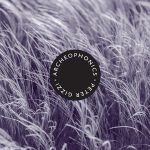




 “The Work-Shy documents moments in time that resonate with us still, as each breathes up through history like an iron shackle around the leg. A heartbreaking and necessary read.”
“The Work-Shy documents moments in time that resonate with us still, as each breathes up through history like an iron shackle around the leg. A heartbreaking and necessary read.”
